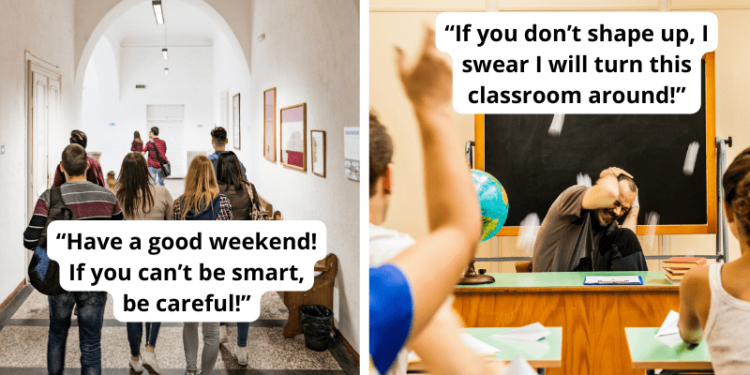Educational Expert Insight: Technology In Online Education
Technology is opening new horizons for education which is changing the world of learning around us. Educational expert Nadim Nsouli says, “I believe that learning through technology will continue to transform teaching practice. It can really help to tackle some of the challenges that are faced in the education sector such as efficiency, workload, accessibility, and inclusion.”
Technology has been an integral part of sustaining and transforming society for many years, and so its infusion with education was inevitable. Both accessibility and teaching methods are being transformed by technology in different ways. Nsouli recognises that some of the benefits of this and the use of technology include:
Improved Inclusion And Personalisation
Being able to learn remotely has made education more widely accessible for everyone. Online education allows people who work full-time to further their learning remotely in their own time, children who don’t suit traditional schooling can work at their own pace in a safe environment, and people who live an alternative lifestyle due to illness or travel can receive an education.
Nsouli states, “with the improved use of technology in classrooms, teachers are able to focus on personalised learning, which can be of huge help to some individuals.”
Technology has made it possible to gain qualifications solely online and receive excellent education remotely through institutes that offer online courses. That means that it doesn’t matter where you live; you can still take advantage of online education.
Advanced Accessibility
Online education technologies allow access to the latest and best information available. Printed materials, such as textbooks, can become outdated quickly with obsolete information, which then takes a long time to update. Using online information means your education sources are always relevant and updated, and they can be instantly integrated into the learning process.
Technology is able to provide students with access to large amounts of online resources and information. This allows and encourages them to carry out their own research and therefore become more independent. Technology can also simplify learning by making complex concepts more digestible for different learning styles, for example, through instructional videos and audio streams. Technology is helpful in holding attention which allows students to better absorb information.
Better Efficiency
Technology has made certain teaching tasks quicker and easier. For example, a teacher can arrange an online quiz for their students, which will provide them with instant results and feedback. This then eliminates the need for the teacher to assess and look through each child’s quiz. Educators are also able to use technology to schedule separate group or individual lessons, produce personalised content, and stay in contact.
Higher Engagement
The switch from a traditional school setting to an online learning platform allows educators to embrace more interactive tools and approaches that students will find engaging.
Technology allows a shift from static learning materials to more dynamic interactive media content. Students often learn faster and engage more when they are not only passively listening to a teacher and reading textbooks but also participating in engaging academic activities.
Adopting Progressive Educational Technology
New technologies provide educators with a bigger variety of teaching methods and materials. Some of these new technologies include mobile educational apps, collaborative platforms, learning analytics, virtual reality, and many other innovative tools and approaches. These new educational materials and methods can help make the learning process much more appealing and engaging for both students and teachers.
With the benefits of engaging, interactive learning becoming more and more evident, the use of virtual reality and metaverse technology in education is being expanded. Nsouli says, “the introduction of virtual reality and metaverse technology into education is incredibly exciting and will provide students with new immersive experiences that they have not seen before.”
Virtual reality has the potential to be a transformative teaching method for both online and in-person students. Nsouli notes, “most people aren’t aware of the use of virtual reality in the classroom, but it will enable more immersive and transformative learning experiences for students both online and in class. It can help to inspire more creative thinking and peer interaction and create memorable learning!”
As technology changes and influences education, the role of the teacher also changes. The focus becomes less on being a subject expert but rather on a guide in navigating all of the available information and technology. This new approach to teaching builds trust and respect within the classroom setting — whether that is online or a traditional classroom.
Technology in education is more than following trends; instead, it is a powerful tool that can enrich and improve the education process for both teacher and student. The use of technology in education has transformed learning and the way that people retain information. It has become a fundamental part of learning, and its development and application should be embraced by all educators in a way that best suits them and their students.




















